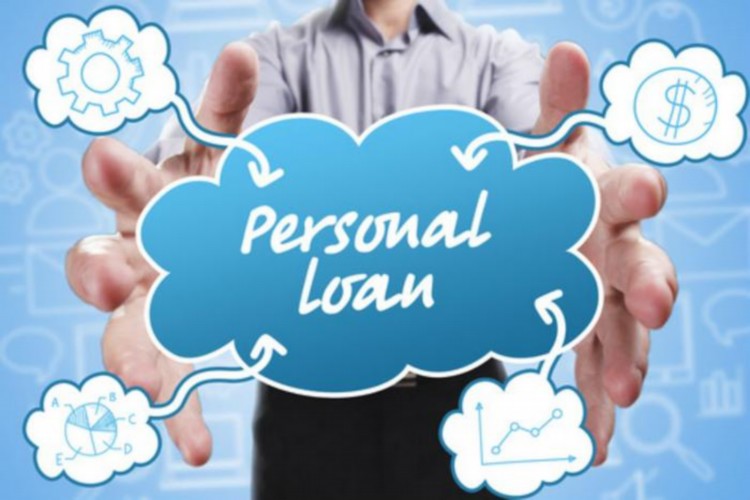
Personal loans are often used to consolidate high-interest debt or finance large, one-time purchases. But they can also be handy for managing day-to-day expenses during an emergency when your income has dropped or you don’t have cash savings to rely on. But there are a few things to know before applying for a personal loan to make sure it’s the right move.
Is getting a personal loan during a financial crisis a good idea?
There are some pros and cons associated with getting a personal loan during a financial emergency.
On the pro side, it may be cheaper to get a personal loan than charging expenses to a credit card. If you can lock in a low, fixed-interest rate on a personal loan, that may be preferable to the higher variable interest rate that credit cards typically charge.
You may also be able to borrow more money with a personal loan compared to a credit card. And an unsecured personal loan doesn’t require collateral or have the potential to trap you in a cycle of expensive debt, like a car title loan or payday loan might.
On the other hand, it’s important to consider the current lending environment.
Dave Meltzer, CEO of Maryland-based East Insurance Group said getting a personal loan may be more difficult as lenders have tightened restrictions. He also noted that it’s important to consider your ability to pay back a personal loan if you’re experiencing a financial crisis because you’ve been laid off or lost your job altogether.
A loan could help cover your expenses for a few months but if you can’t make the payments, you could be in worse financial shape than before you borrowed. Running the numbers through a personal loan calculator before applying can help you estimate your monthly payments.
Can I get a personal loan with a bad credit score?
Banks and online lenders look at your credit score and credit history when considering your loan application. If you have bad credit, getting a personal loan during a financial crisis could be more of an uphill climb.
If you’re able to get approved for a loan, you may end up paying a much higher interest rate to borrow. A higher rate can increase your monthly payments and mean more you have to pay back.
A simple way to test the waters on interest rates is to get pre-qualified for a personal loan. Credible allows you to get personal loan prequalification in minutes. And since it involves a soft inquiry only, prequalifying won’t affect your credit score.
This can give you an idea of what kind of interest rates you might qualify for, based on your credit history. You can then use that as a guideline for deciding whether a personal loan is the best borrowing option in a crisis.
How do I get the best interest rate on a personal loan?
If you’re interested in using a personal loan to pay expenses during a financial emergency, it pays to try and get the lowest rates possible.
Meltzer said that having an existing relationship with a bank or credit union can help with qualifying for the best interest rates. If you have a checking account with your bank, for example, and have a good banking history the bank might be more inclined to offer you favorable rates.
Aside from that, you can work on improving your credit score and overall financial picture. Paying on time, keeping debt balances low and limiting applications for new credit can work in your favor.
What are my other options?
When you need money in a financial crisis, it’s important to leave no borrowing stone unturned.
For example, Meltzer said you might consider borrowing from friends or family. But it’s important to make sure you can repay what’s owed to avoid conflicts down the line.
Increasing your income with a side hustle or part-time job may also be something you could try. But if you need money in a pinch, you may consider opening a new zero percent APR credit card.
That can allow you to cover expenses now without triggering interest charges. Just be sure to keep the promotional offer’s end date in mind.
If you can’t pay the balance in full before the zero percent APR expires, then you may want to look for a balance transfer credit card. Transferring the remaining balance to a new card with a 0% APR can help you avoid paying interest.
Keep in mind, however, that most cards charge a fee for balance transfers. Personal loans, on the other hand, may charge no origination fees or maintenance fees. And if you’re able to get a lower interest rate on a personal loan, it could be the best borrowing solution when money is scarce.











